Five Cleveland Clinic physicians share highlights of their presentations
Five experts provide highlights from research they presented at the 2019 Pediatric Academic Societies (PAS) Meeting in Baltimore.
Advertisement
Cleveland Clinic is a non-profit academic medical center. Advertising on our site helps support our mission. We do not endorse non-Cleveland Clinic products or services. Policy
In just eight months, from April to December 2018, Cleveland Clinic Fairview Hospital’s neonatal intensive care unit (NICU) reduced antibiotic use by 38%. Hany Aziz, MD, the NICU’s Medical Director, explained at PAS how they did it.
Hear his key takeaways in this brief video.
Cleveland Clinic’s teleneonatology program has begun offering virtual visits for families with babies released from the NICU. As part of a pilot project, a neonatology team studied the types of questions parents asked, according to their baby’s gestation.
Anirudha Das, MD, Director of Neonatal Informatics and Telehealth at Cleveland Clinic, shared results in his presentation at PAS.
Here are some of his findings.
Medical education is more than training. It’s coaching trainees to change and grow.
Sangeeta Krishna, MD, Clerkship Co-director and Fellowship Director of Pediatric Hospital Medicine at Cleveland Clinic, led an interactive workshop at the PAS meeting.
Dr. Krishna outlines the highlights of her workshop.
Retinopathy of prematurity is on the rise in the U.S. — and not only in low-birthweight babies.
Hany Aly, MD, Chair of Neonatology at Cleveland Clinic, shares national statistics at PAS.
Watch this brief video for his take.
Autosomal recessive polycystic kidney disease is a rare genetic kidney disorder that can lead to kidney failure in children. There are no disease-specific therapies available, but Cleveland Clinic researchers are getting one step closer.
Hear Katherine Dell, MD, Vice Chair of Research at Cleveland Clinic’s Pediatric Institute, explain how novel biomarkers may be the answer.
Advertisement
Advertisement
Advertisement

Systemic change needed to improve health outcomes for parents and children, say researchers
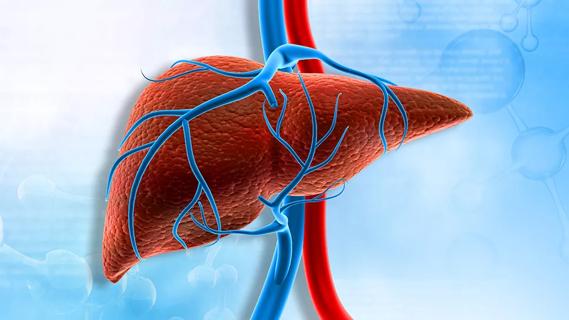
Rare genetic variant protected siblings against seizures and severe hypoglycemia

Movie has more positive impact than expected, says Head of Adolescent Medicine
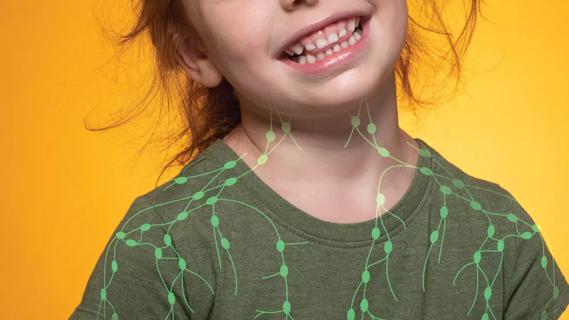
Genetic changes are similar between some vascular anomalies and cancers
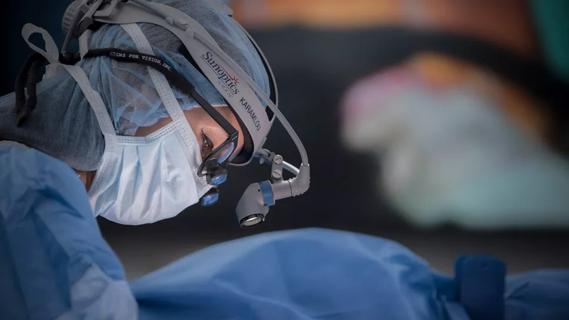
Expert panel advises a two-tier structure for surgical centers
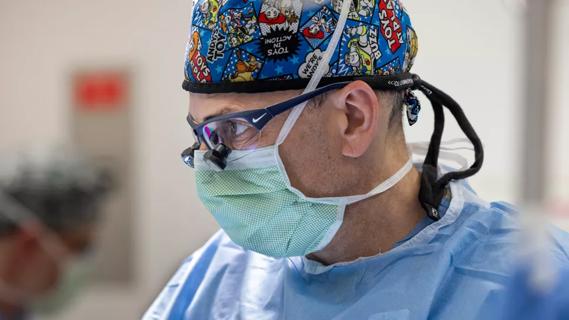
Our new head of pediatric general and thoracic surgery shares his passion and vision
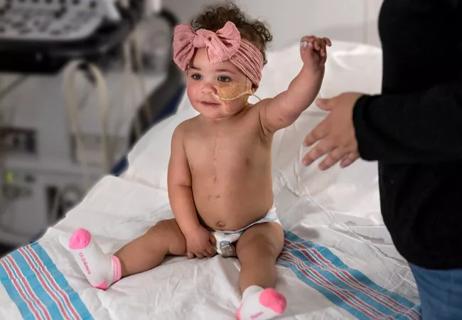
Basic understanding of condition and treatment is lacking